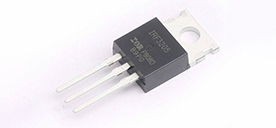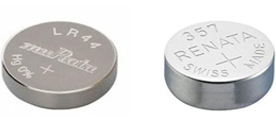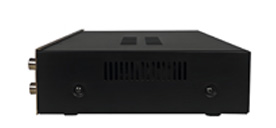Leading the Future: Cutting Edge Advances in Electronic Compass Calibration Technology
2024/5/6 14:52:25
Views:

An electronic navigator is a device or instrument that uses electronic technology and magnetic induction principles to determine direction. Its main function is to assist people in confirming their location, similar to a traditional compass. It has attained a better level of precision and ease thanks to modern technology.
The Electronic Compass Principle An electronic compass is a tool that verifies direction by means of the magnetic induction principle.Its operating principle is based on the earth's magnetic field, and the direction is confirmed by detecting the direction and strength of the magnetic field. Electronic compasses typically contain magnetic sensors, such as magnetoresistive sensors or magnetometers, and a processor unit to measure and calculate directional information. When the electronic compass is affected by an external magnetic field, the magnetic sensor senses these changes and transmits the data to the processor unit to confirm the direction.
1. High accuracy: The electronic compass has high measurement accuracy and can quickly and accurately confirm the direction. This high accuracy enables it to provide reliable information in navigation and positioning, helping users find their destination accurately.
2. Fast response: The electronic compass using electronic sensors has a fast response speed and is suitable for navigation and positioning in dynamic environments. Whether it is rapidly changing vehicle movements or outdoor adventures, the electronic compass can respond promptly and provide timely direction guidance.
3. Strong stability: The electronic compass has good stability and is not affected by external vibration and interference. This stability ensures the consistency and reliability of measurements under various conditions, allowing it to operate accurately in complex environments.
4. Strong portability: The small and lightweight electronic compass is easy to carry and use, suitable for outdoor activities and navigation needs. Whether mountaineering, camping or exploring, users can easily carry an electronic compass to accurately determine the direction at any time to ensure safety and smooth completion of activities.
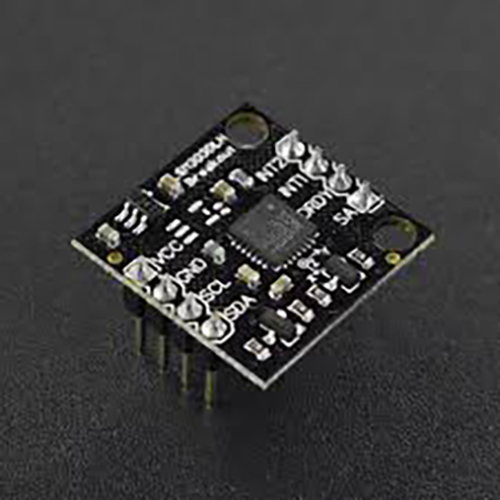
1. Navigation and positioning: used in navigation and positioning systems for ships, airplanes, cars and other transportation vehicles. The electronic compass can accurately measure the direction and help the navigator or driver determine the course, thereby achieving accurate navigation and positioning.
2. In outdoor activities: such as mountain climbing, camping and exploring, directional guidance is crucial. In the outdoor environment, the electronic compass is a powerful assistant for outdoor enthusiasts, which can accurately guide the direction and ensure that they reach their destination safely and return smoothly.
3. Scientific research and exploration: used in research fields or geological exploration and other work that requires confirmation of direction. Scientific researchers and geological prospectors can use electronic compasses to determine directions and help them conduct field surveys and research.
4. Military use: used in the military field for combat command, equipment navigation, etc. Electronic compasses are of great significance in military applications. They can help the military determine the location of the enemy and ourselves, direct combat operations, and improve combat efficiency and battlefield survivability.
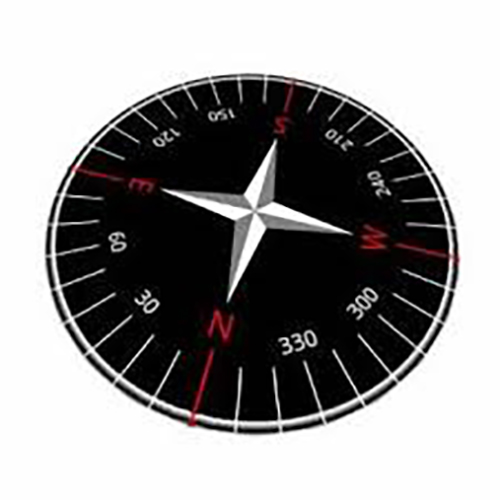
1. Magnetoresistive electronic compass: uses the magnetoresistive effect to measure the direction and intensity of the magnetic field. This type of electronic compass determines direction by measuring the effect of a magnetic field on the resistance of magnetic materials, with high accuracy and stability.
2. An electronic compass designed to resemble a magnetometer: A magnetometer is used to measure the magnitude and direction of the magnetic field.This type of electronic compass determines direction by measuring the force exerted by a magnetic field on magnetic materials, and also has high accuracy and response speed.
3. MEMS electronic compass: An electronic compass made using microelectromechanical systems (MEMS) technology has the characteristics of small size and low power consumption. This type of electronic compass uses a micro-mechanical structure to sense magnetic fields. It has excellent portability and adaptability and is often used in small navigation equipment and mobile devices.
Related Information
-
-
Phone
+86 135 3401 3447 -
Whatsapp

